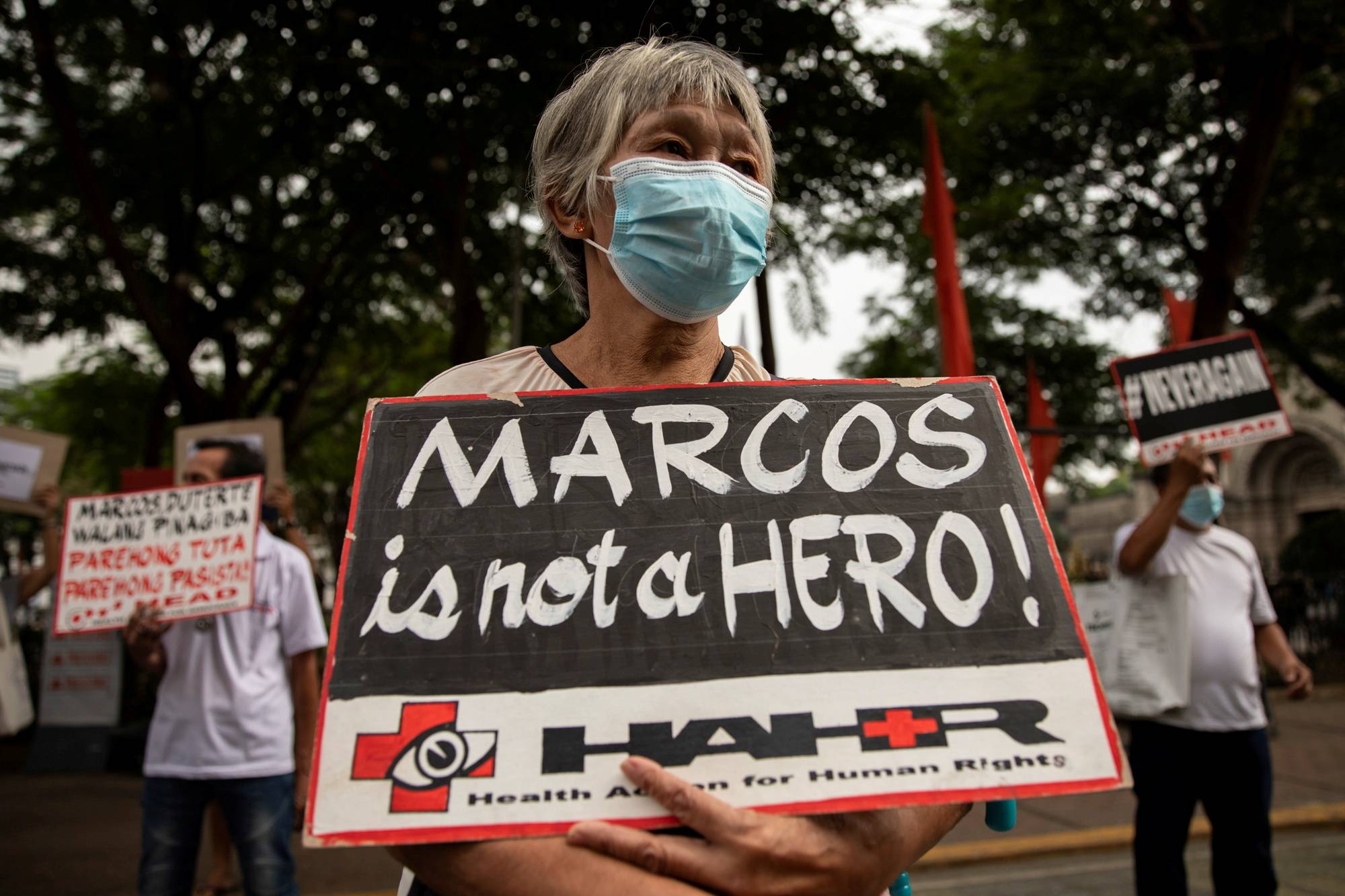Lops Calzado was 3 years old when former Philippine president Ferdinand Marcos was ousted after two decades, accused of plundering government coffers and killing thousands under a dictatorship that set the country back years. Now, she’s being swamped by Facebook and YouTube posts telling her that his rule was a golden era when food was affordable, streets were safer and new highways were built.
The online experience of Calzado, now 38, is emblematic of that of many voters in the Philippines. As the nation of 110 million people gears up for elections in May, it has become a textbook case for developing democracies on how social media can turn voters. Two-thirds of Filipinos have internet access and they are more active on social media than other Southeast Asian countries, according to We Are Social and Hootsuite. And the reliance on smartphone-delivered opinions have been supercharged by the pandemic.
Calzado says she spends more than 18 hours online daily as part of her job at a marketing company. After she clicked on a YouTube video of a blogger denying that Marcos was corrupt and violated human rights, she started getting content on Facebook campaigning for his son Ferdinand "Bongbong” Marcos Jr.


















With your current subscription plan you can comment on stories. However, before writing your first comment, please create a display name in the Profile section of your subscriber account page.